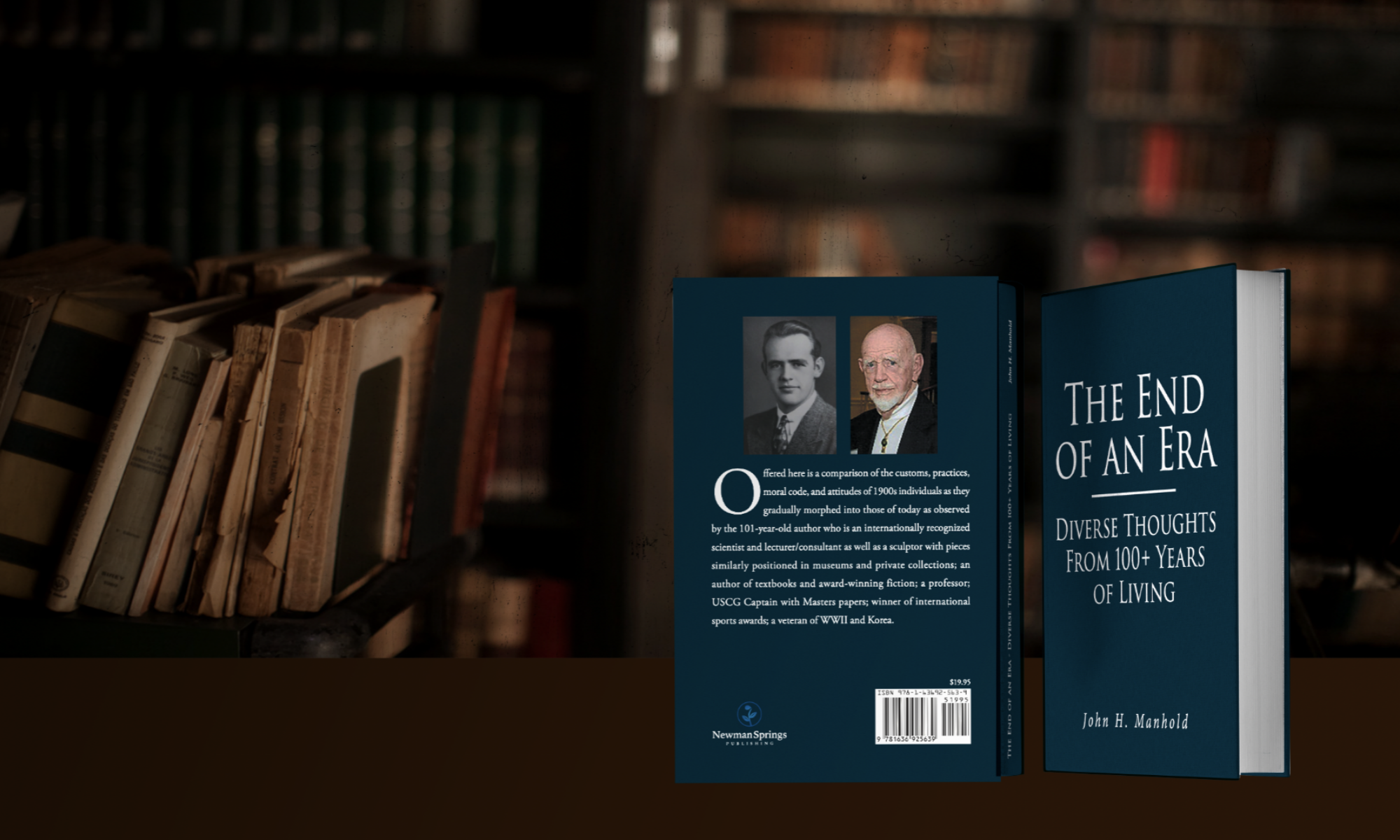The Prince of Manhattan an e-book assumed published, copyright and written by Alexi Iskander.
The reader is introduced to Prince Leofric, the son and heir apparent to the throne of King of Northumbria, one of the seven kingdoms existing in the northern part of Great Britain roughly in the years 600 – 900. Cedric, his father, is holding a victory dinner celebrating a huge victory over the “Howling mad Picts’ as they raided from the north and descended upon the kingdom in the early summer months. Leofric is watching his uncle Aethelred closely because he believes he will attempt to do away with his father Cedric and take over the kingdom. This is exactly what transpires when he manages to kill Cedric, place blame on the son and, with the help of Siana, the most powerful witch of the time, has him transported through time, as well as space. Leofric awakens ultimately in New York City’s Greenwich Village. Concurrently Miranda Hazelgrove, a young NYU student from Albany, has finished work at a restaurant where she works to supplement the financial support she is receiving from her parents. Deciding to take a bus rather than the subway because it is a shorter distance to manipulate her tired body, she is accosted by two killer rapists. Leofric is nearby, hears her screams and rescues her. His attire with sword and all, as well as his manner of action and speech do not cause her any unusual thoughts because there is an event taking place in the city where people are acting out their individual idiosyncrasies of thought. After expressing her thanks she discovers that he has no place to stay for the night so invites him to share her apartment. He does and from here the reader is introduced to a recounting of their activities, both individually and collectively until a finale of sorts is reached.
Discussion: The author has presented a fantasy/romance/space/time travel story that apparently a number of readers have enjoyed. Most regrettably this reader is not one of them. From this perspective the tale provides abundant physical activity but it is set forth either with little understanding of the extent of training an individual such as the prince would have received or to present him as quite incompetent, in which case it is amazing that he would have survived his life in Northumbria. Thus, much of the story seems forced. There also is abundant repetition, missed words/spelling and even usage; e.g. people do not “saddle up” to people they sidle up to them.
3* For romantic YA, Young-at-Heart or those interested, amused by era differences.
